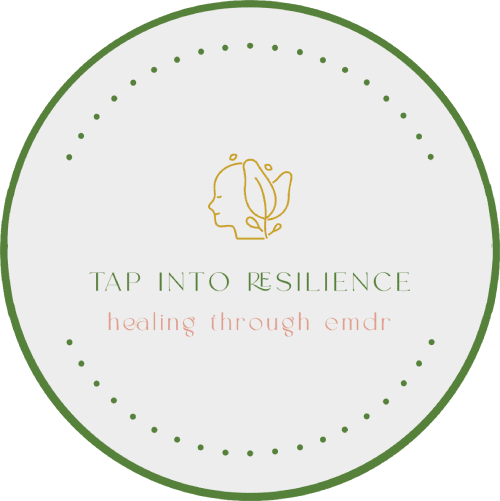What is Resilience?
Resilience, according to psychologists, refers to the ability to adapt effectively when confronted with adversity, trauma, tragedy, threats, or significant stressors like family issues, health problems, or financial woes. Resilience not only entails "bouncing back" from such challenging experiences but can also result in profound personal growth.
Although these adverse events can be as turbulent as rough river waters, they need not dictate the course of your life. There are many aspects of your life over which you have control, and you can modify and develop them. This is where resilience comes into play. Enhancing your resilience not only aids in navigating tough circumstances but also empowers you to evolve and enhance your life in the process.


What Resilience Isn't
Being resilient does not mean you won't encounter difficulty or distress. Those who have faced significant adversity or trauma often experience emotional pain and stress. In fact, the path to resilience often involves enduring considerable emotional distress.
Resilience is not solely a personality trait possessed by some individuals. On the contrary, it encompasses behaviors, thoughts, and actions that anyone can learn and cultivate. Research has shown that resilience is an ordinary, not extraordinary, quality. Building resilience is like developing a muscle; it takes time and deliberate effort. Focusing on four core components — connection, wellness, healthy thinking, and finding meaning — can empower you
to withstand and learn from challenging and traumatic experiences. To enhance your capacity for resilience in order to weather and grow through difficulties, employ these strategies:
Building resilience is like developing a muscle; it takes time and deliberate effort. Focusing on four core components — connection, wellness, healthy thinking, and finding meaning — can empower you to withstand and learn from challenging and traumatic experiences. To enhance your capacity for resilience in order to weather and grow through difficulties, employ these strategies:
Build Your Connections:
● Prioritize relationships and connect with empathetic and understanding individuals
who remind you that you're not alone in facing difficulties.
● Seek trustworthy and compassionate individuals who validate your feelings,
supporting your resilience.
● Consider joining groups, such as civic or faith-based communities, to gain social
support and a sense of purpose.
Foster Wellness:
● Engage in self-care practices like proper nutrition, adequate sleep, hydration, and
regular exercise to strengthen your body's ability to adapt to stress.
● Practice mindfulness through journaling, yoga, meditation, or spiritual activities to
build connections and restore hope.
● Avoid negative coping mechanisms like alcohol or drugs and focus on providing your
body with resources to manage stress effectively.
Find Purpose:
● Help others, whether through volunteering or supporting friends in need, to develop a
sense of purpose, self-worth, and connection with others.
● Be proactive in problem-solving by breaking down big issues into manageable steps.
● Move toward your goals, even small accomplishments, to progress in the direction
you desire.
Embrace Healthy Thoughts:
● Maintain a balanced perspective and challenge irrational thinking patterns.
● Accept that change is a part of life and adapt to circumstances that cannot be
altered.
● Cultivate a hopeful outlook, visualizing positive outcomes, and noting subtle
improvements during challenging situations.
● Learn from past experiences by identifying sources of strength and drawing lessons
from them.
https://www.apa.org/topics/resilience/building-your-resilience
